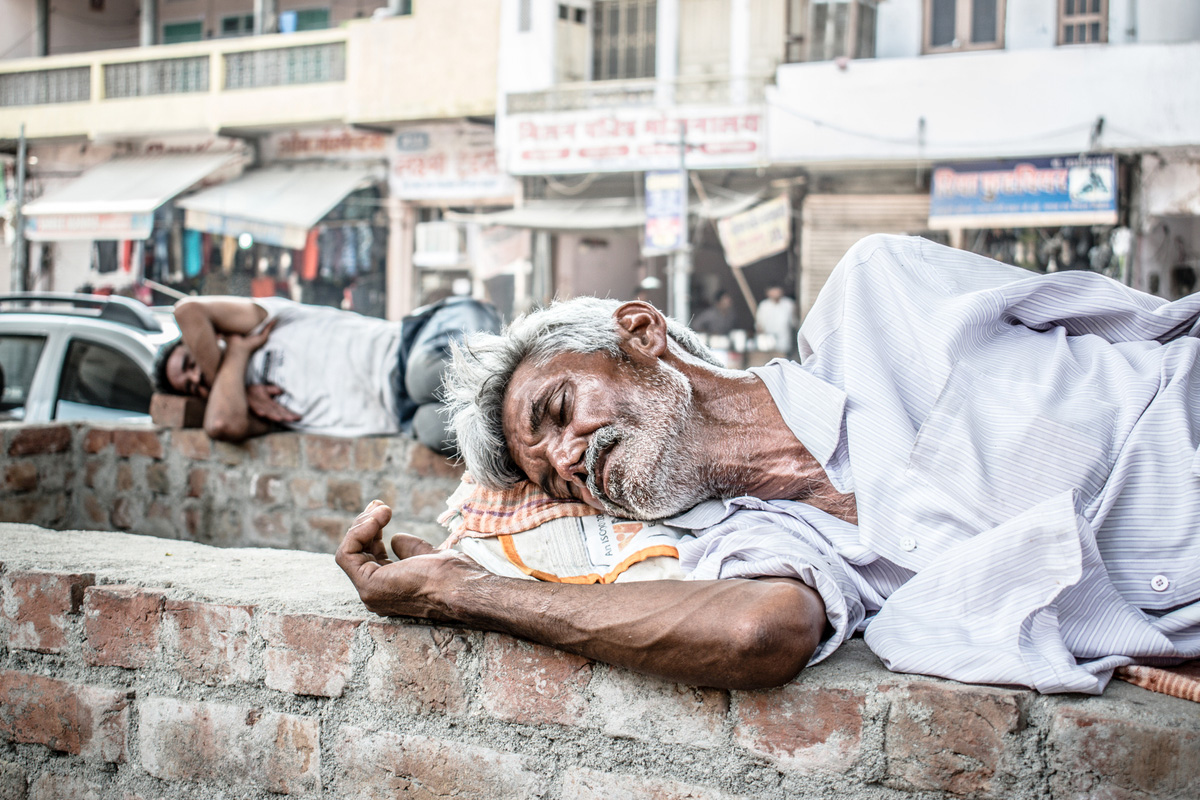Whatever the blueprint to be crafted by the International Monetary Fund next week to tackle the coronavirus tragedy, millions of people in the less developed bloc ~ a euphemism for poor nations ~ are struggling for survival along with their governments. They do not belong to the latter-day League of Nations of Europe, the United States and China.
For the world’s hapless, the “coronavirus invader”, so-called, appears to be as unstoppable as it is lethal. Ever since last December, the “invasion” has been almost relentless. While the relatively wealthy countries are engaged in a struggle to repulse Covid-19, it is an overwhelming ambience of gloom and doom in South Asia, parts of the Middle East and Africa.
Advertisement
For instance, one shudders to imagine the squalor in the Rohingya camps of Bangladesh or the migrant worker in search of food and livelihood. The heartrending reality must transcend the kerfuffle between Donald Trump and the World Health Organization. In the densely populated slums of Mumbai, Dhaka or Port-au-Prince, the dwellers are strangers to the concepts of social distancing and self-isolation for many of their inhabitants.
Health facilities in the refugee camps of Syria and Somalia are awefully limited even at the best of times. These camps now bear witness to the worst humanitarian crisis in centuries. Going by a report furnished by the World Health Organization, half of the world’s population did not have access to essential medical care even before WHO declared the virus as a pandemic struck.
Many in these communities, particularly children, suffer from serious “underlying conditions” such as malaria, tuberculosis and malnutrition. Theoretically, these are different facets to the health crisis, but Covid-19 and the endemic absence of food and nutrition have exacerbated these critical illnesses. People living in conflict zones, such as Idlib in Syria, are still more vulnerable.
Staying at home for safety can be jolted by a Russian or Syrian regime bombing raid. It is a measure of the remarkable insensitivity that there is as yet no sign of holding their fire in the face of the other “warrior”, called coronavirus. Which is the reason why António Guterres, the UN Secretary-General, has called for a global ceasefire in the face of “our common enemy”.
Sadly, there is little or no evidence that his plea is being heeded. The UN has also warned that countries, such as Iran, Venezuela, Zimbabwe and Cuba, that are coping with crippling sanctions “could suffer disproportionately” from the spread of coronavirus.
These sanctions ought to be considerably relaxed, if not lifted, to help avert virus-related food shortage. Once again, the Trump administration has done little about it. Covid-19 is a universal nightmare, a truly global crisis. Is lockdown the primary remedy? Perhaps not. There are nations under lockdown, but bereft of essential kit and ventilators.











